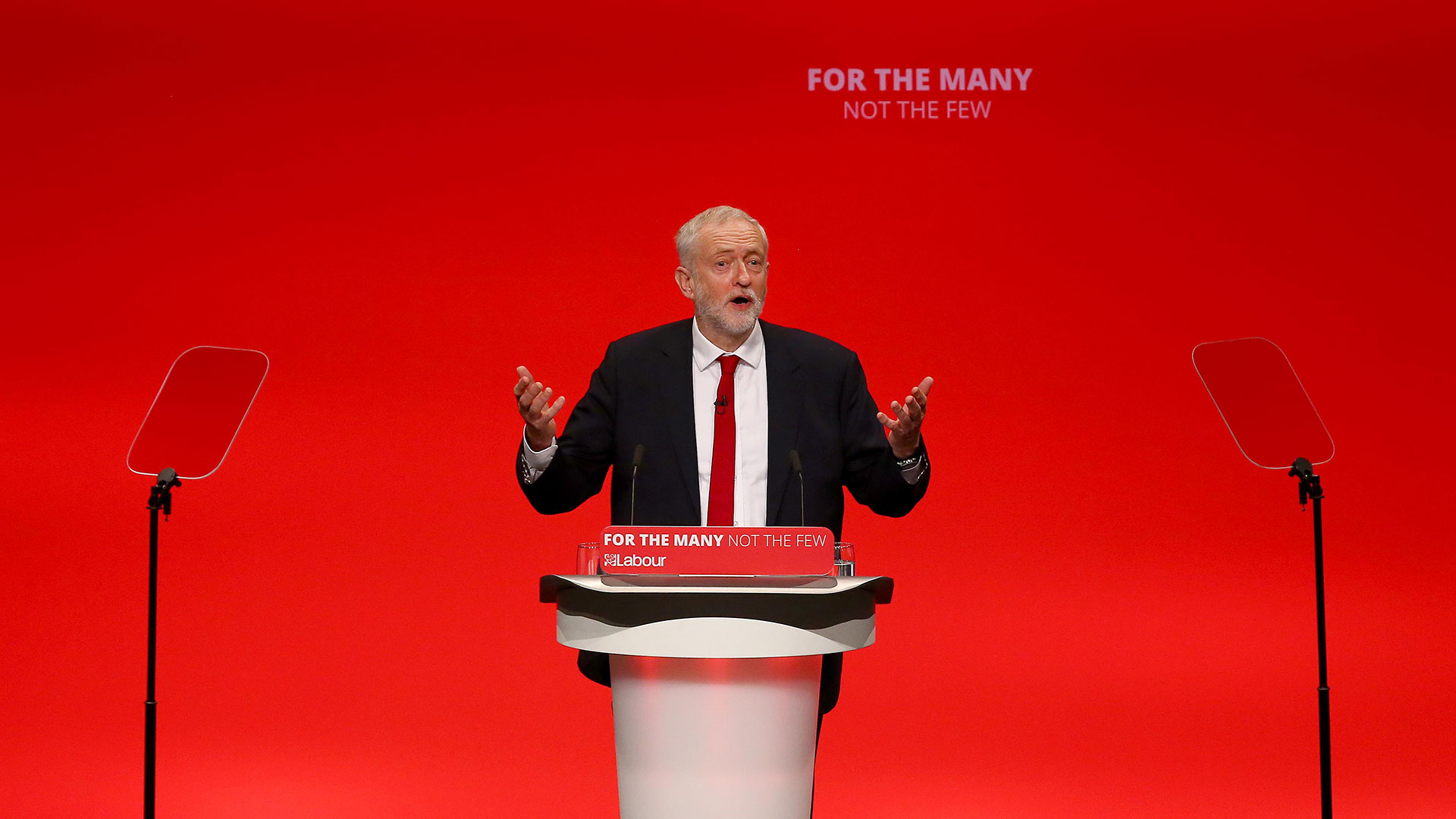Some cities in Europe and the US do have various forms of rent control. In parts of France, Germany and Spain, maximum annual rent rises are established at the outset of longer tenancy agreements, usually lasting between three and five years.
Two years ago, Berlin brought in tougher legislation in a bid to tackle rent rises in the city. Landlords were banned from increasing rents by more than 10 per cent above the local average. A recent CBRE report indicated average rents in the city had still gone up five per cent in the past year, but the rate of increase had at least slowed as a result of the restrictions.
In Berlin, landlords have been banned from increasing rents by more than 10 per cent above the local average
Rent control in New York City means a maximum base rent, set by the city authority, which has kept some properties affordable for a lucky few. Eligibility has been slowly chipped away at, however, and only 38,000 apartments are now covered by the cap.
Right-leaning economists argue that restricting property owners’ ability to raise rents inevitably reduces the availability of much-needed rental homes. Shelter has raised similar concerns. Steve Akehurst, Shelter’s head of public affairs, says that if you allow public authorities to set the rent, as in New York City, rather than just controlling the increase, it “can cause big problems” by cutting supply.
Rent control does have history in the UK. Rent caps were introduced during the Second World War and held in place in the immediate aftermath to stop landlords exploiting soldiers returning home.
After a long post-war period of an uncontrolled market, the Rent Act of 1977 gave all tenants greater rights and some stability in increases, with local authority officers having some powers to limit increases. The cycle ended in 1988 when the Thatcher government, convinced the private rented sector had become too restricted, abolished all controls. Should Corbyn become 10 Downing Street’s next tenant, exactly what form a rent control a Labour government would bring back has not yet been disclosed.
Advertising helps fund Big Issue’s mission to end poverty
WHAT CORBYN SAID:
“People who live on an estate that’s redeveloped must get a home on the same site and the same terms… councils will have to win a ballot of existing tenants and leaseholders before any redevelopment scheme can take place.”
WILL IT WORK?
Housing campaigners who have been demanding these issues be addressed welcomed this part of the speech. The problem is politicians from both major parties – including successive housing ministers – have promised similar things before and it has meant very little in practice.
The ballots Corbyn mentions already take place in the form of consultation exercises, but these have often been subject to various manipulations to produce the desired backing for change.
It is far from impossible to bring in legislation that insists tenants are given the right to remain
More broadly, some people choose to leave an estate if they are presented with a better offer elsewhere, so maintaining the make-up of an area remains difficult. It also remains difficult to present leaseholders with the “same terms” because it is hard to equate the value of a new home with the nominal value of a demolished one.
Advertising helps fund Big Issue’s mission to end poverty
But it is far from impossible to bring in clear legislation that insists tenants are given the right to remain, or to return, to a redeveloped area under the same tenancy agreement. Forcing local authorities to change their policies and insist on better treatment for existing residents from developers remains vital.









